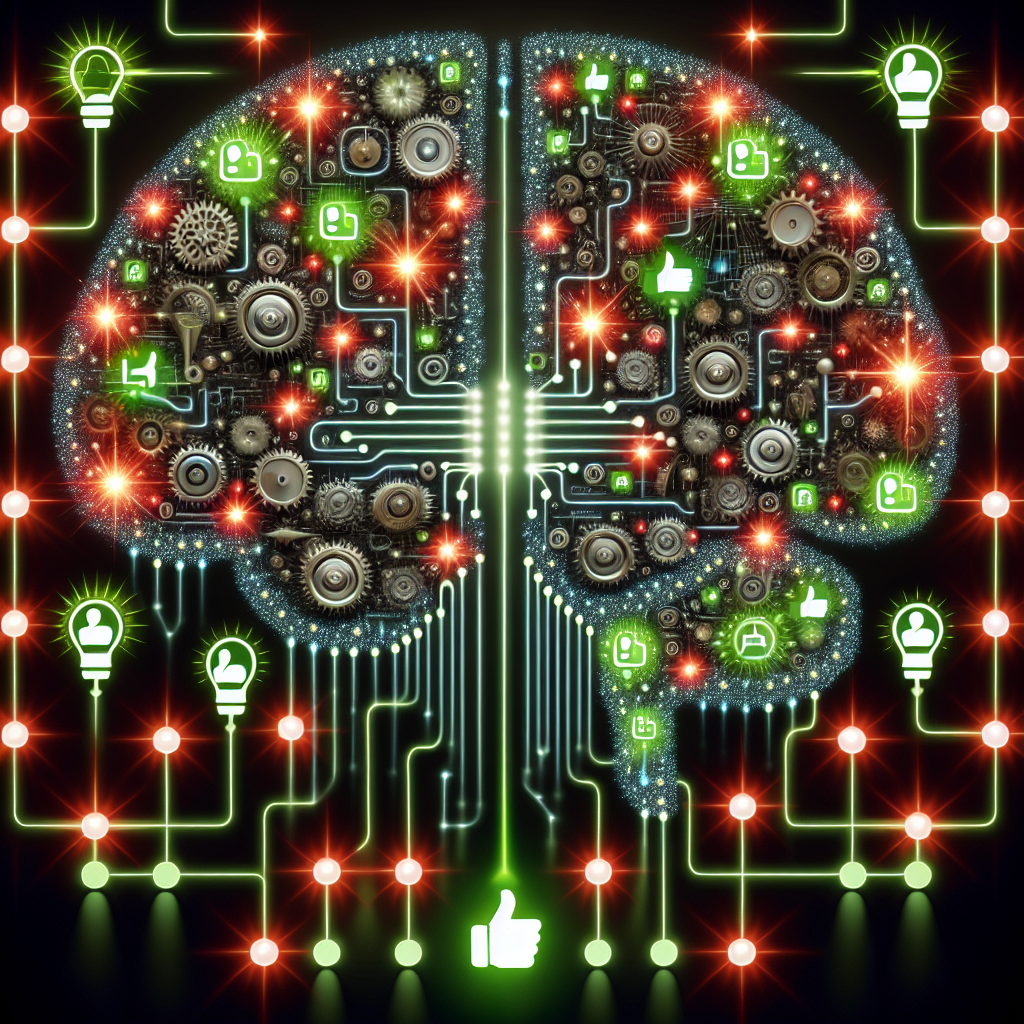Understanding Social Proof in the Digital Age
In a world driven by digital interaction, trust is the currency of the internet. From online shopping to signing up for a new service, users rely on cues from others to inform decisions. This psychological phenomenon is known as social proof — the idea that people mirror the actions and opinions of others when making choices. By showcasing positive behavior and endorsements, businesses can significantly influence user behavior.
The Evolution of Social Proof: From Word of Mouth to AI
Traditionally, social proof came in the form of word-of-mouth recommendations, expert endorsements, or media visibility. But in the age of digital transformation, the methods and platforms for delivering social proof have evolved. Now, AI-powered algorithms are being used to gather, analyze, and display trust signals at scale, offering personalized and dynamic social validation every step of a user’s journey.
What Is AI-Powered Social Proof?
AI-powered social proof refers to the integration of artificial intelligence technologies to automate, optimize, and personalize the way trust signals are displayed to users. Whether it’s showcasing recent purchases, highlighting trending products, or featuring user-generated content, AI enables businesses to:
- Identify the most persuasive testimonials
- Target the right audience at the right time
- Continuously learn from user engagement patterns
- Adapt content dynamically based on context and behavior
This creates a more authentic, effective, and scalable form of social proof that builds trust and increases conversions.
Types of AI-Driven Trust Signals
AI can enhance or generate various types of social proof and trust signals across digital channels, including:
1. Real-Time Activity Notifications
Triggered messages like “John from New York just bought this” provide social validation and urgency. AI determines which activities are most relevant and when to display them based on user behavior.
2. Aggregated Review Summaries
Instead of showing hundreds of reviews, AI can analyze sentiment and highlight common themes — both positive and negative — to provide summarized reviews tailored to each visitor.
3. Personalized Customer Testimonials
AI systems can detect user segments (e.g., industry, location, job role) and surface testimonials from similar users, increasing relatability and relevance.
4. Smart Badges and Certifications
Machine learning can automatically assign and display trust badges — like “Top Rated in Your Area” or “Verified Seller” — to products or services that meet certain thresholds.
5. Influencer and Expert Endorsements
Natural language processing (NLP) helps identify credible mentions across social media and blogs. AI tools can automatically tag and display this content for credibility.
How AI Enhances the Effectiveness of Social Proof
Artificial intelligence takes social proof one step further by ensuring that trust signals are:
- Contextual: AI analyzes user intent, device type, location, and more to present the most impactful messages.
- Timely: Machine learning models determine the optimal time to display a trust signal for maximum conversion impact.
- Scalable: Automated data gathering from reviews, transactions, and social mentions allows even small businesses to compete with large enterprises.
- Authentic: By filtering out fake or biased reviews, AI tools maintain integrity in the social proof presented to users.
Key Benefits for Businesses
Companies that harness AI-powered social proof benefit in several key areas:
- Increased conversion rates: By nudging users with personalized trust signals, businesses see higher engagement and purchases.
- Reduced bounce rates: Relevant and timely validation encourages users to explore and trust new offerings.
- Higher customer retention: Trust signals don’t just influence purchase — they also reinforce user satisfaction and long-term loyalty.
Challenges and Considerations
While AI-driven social proof holds immense promise, it’s not without challenges:
- Privacy concerns: Using behavioral data to personalize content must comply with data protection laws and user expectations.
- Over-automation: Too many automated trust signals can lead to ‘banner blindness’ or user skepticism if they feel inauthentic.
- Bias in AI models: If data inputs are skewed, trust signals may unintentionally favor certain groups or products unfairly.
To succeed, brands must balance automation with ethical practices and human oversight.
The Future of Trust: Integrating AI with Human Insight
As consumers become savvier, the intersection of artificial intelligence and authentic user engagement will define the next phase of social proof. The future lies in hybrid systems — where AI curates data but human marketers shape narratives. Businesses that embrace this AI-powered social proof landscape will be better equipped to foster relationships, increase transparency, and ultimately, build lasting trust with their audience.






